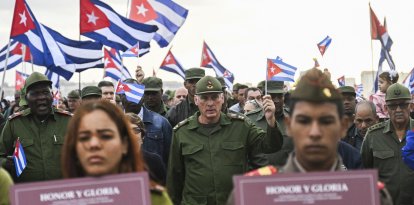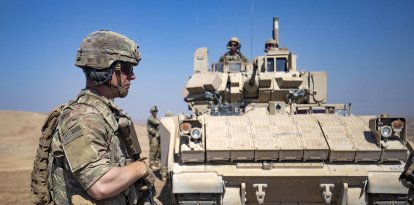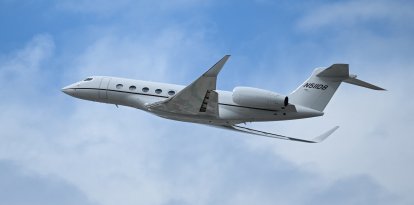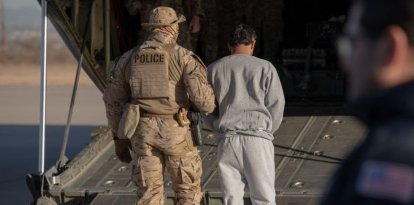Brazil receives two Iranian warships: "A direct threat to the security of Americans"
These ships have already been sanctioned by the U.S. Several Republican congressmen have asked Joe Biden to enforce anti-terrorism laws.

29 October 2022, Brazil, São Paulo: Luiz Inacio Lula da Silva, former president of Brazil who is running for re-election, casts his vote at a polling station during the second round of the presidential election. Photo: Lincon Zarbietti/dpa
Two Iranian warships that docked in Rio de Janeiro, Brazil stoked tensions between the U.S. and the Brazilian government of President Lula Da Silva.
Makran and Dena are the names of the huge warships that Lula's government granted permission to arrive and stay in the port of Rio, despite U.S. pressure against it.
Several Republican officials warned of the danger posed by "Iran's presence in the Western Hemisphere" and warned that the ships are "a direct threat to the safety and security of Americans."
Republicans call on Biden to take action
In an official statement, Senator Ted Cruz indicated that the vessels have already been sanctioned by the U.S. and stated that the Biden administration is obliged to also sanction all individuals and companies involved with them. He argued that U.S. anti-terrorism laws exist to respond to these types of "threats" and that their application is not optional:
Cruz directly blamed Joe Biden for not correctly conveying such policies to the Brazilian government. He claims that the president called Lula "his friend" and criticized that the White House was "honored to host" Da Silva, who is "a Chavista aligned against the United States":
Senator Marco Rubio also expressed concern about "Iran’s growing presence in the Western Hemisphere." He criticized the Biden administration for having "a history of appeasement and engaging with authoritarian regimes." He further noted that the arrival of the ships should be a "a warning sign, especially as it seeks to support the left-wing Marxist regimes that will undermine peace and stability throughout the region."
Lula's crucial trip to Washington
In early February, the official Tehran News Agency (IRNA) reported that Brazil had not accepted Iran's request for the entry of the ships into its country. Despite there being no apparent reasons or public explanations, it was after Lula's trip to Washington that both ships received approval from the Brazilian Navy to dock in the port of Rio.
According to the Iranian government, the ships' visit to Brazil is part of its policy of cooperation "with friendly countries" and its quest to boost the security of maritime trade routes. The vessels will remain in Brazilian waters from Feb. 26 to March 4, and the authorization allows them to refuel, stock up on provisions and disembark the crew.
U.S. Ambassador to Brazil Elizabeth Bagley urged the Brazilian government not to allow the ships to dock. The State Department warned of "Iran’s attempts to have a military presence in the Western Hemisphere." The Treasury Department sanctioned the ships on Feb. 3 when they were identified as property of the Iranian government.
Ships give "a message of peace and solidarity"
As of the end of September 2022, Iranian warships were sailing in waters all over the world under the pretext of sending "a message of peace and solidarity" and, at the same time, demonstrating "the growing military and naval might of the Islamic Republic of Iran," according to IRNA.
The Makran is the largest vessel in Iran's navy. It is an oil tanker converted into a logistics vessel for military use. The Dena is an Iranian-built destroyer armed with missiles, torpedoes and guns which entered service in 2021.
In the next few weeks, the vessels are expected to head for the Panama Canal. If they finally do follow their course, they will do so in the midst of another diplomatic conflict. In mid-January, the Panama Maritime Authority (AMP) withdrew its flag from more than 130 ships linked to the Iranian state-owned National Iranian Oil Company (NIOC). This decision was made due to suspicions that these vessels may be linked to the financing of terrorist groups.
























